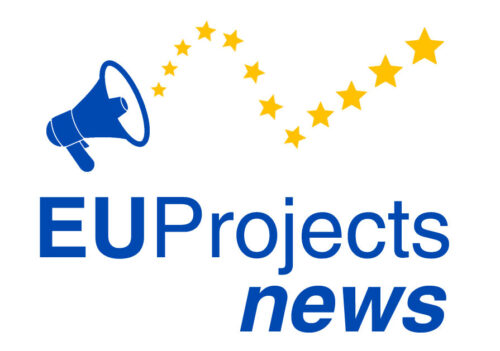
The DIGCOMP4VET project is moving forward with the next step in its development, which is the Test and Validation process.
The T&V process started in December 2023 with the elaboration of the T&V Plan by IWS and comprises the delivery of the developed training to 120 target groups from March to July 2024. Subsequently, between September and October, any adjustments derived from the piloting experience that may be necessary to reach the final version of the training content will be carried out.
The Test and Validation Plan is a critical part of the Project’s quality assurance process. It acts as a roadmap to ensure that the developed training materials not only meet but exceed their defined objectives. The plan is designed to systematically assess the integrity, functionality, and performance of the work done by the DigComp4VET Consortium. Its overarching goal is to deliver a solution that aligns with the highest standards and fulfills the expectations of our stakeholders and end-users.
This Test and Validation Plan serves as a guiding framework for the validation activities, detailing the methods, criteria, and schedule for the validation process.
The Test and Validation Process has the following primary objectives:
– Verify that the training materials adhere to the stated requirements and specifications.
– Evaluate the usability, functionality, and overall user experience of both the training and the OER platform developed.
– Identify and address any issues, deficiencies, or areas for improvement.
– Ensure compliance with relevant European regulations and standards.
– Gather feedback and insights from stakeholders and end-users to drive continual improvement and implement fine-tuning actions if necessary.
– Verify that the functionality and performance of the training materials meet the intended goals and objectives.
– Assess the user-friendliness, accessibility, and overall user experience to guarantee that the project OER and the trainings meet the needs and expectations of its intended audience.
– Ensure the overall quality and reliability of the training through rigorous testing and validation procedures.
– Foster a culture of continuous improvement, where findings from the validation process are used to enhance the final project results to be released after the project ends.
All partners will deliver the training in their respective environments and contexts to test and validate the content, structure, delivery methods, and assessment procedures, and to confirm the relevance, quality, quantity, and format of WP3 in operational settings. After each session, partners will collect feedback from learners to assess their impressions, comments, and suggestions, if any, on how to improve the training. They will then provide all comments and feedback to IWS, which will help to finalize the content and develop the T&V report to fine-tune the training.
This process will assess how easy it is for users to navigate and use the DigComp4VET training curricula and OER Platform. It will cover aspects such as user interfaces, accessibility, and overall user satisfaction. The validation process will ensure that both the training curricula and OER Platform are accessible to individuals with disabilities and comply with recognized accessibility standards.
For more information: European Erasmus+ projects – Internet Web Solutions









